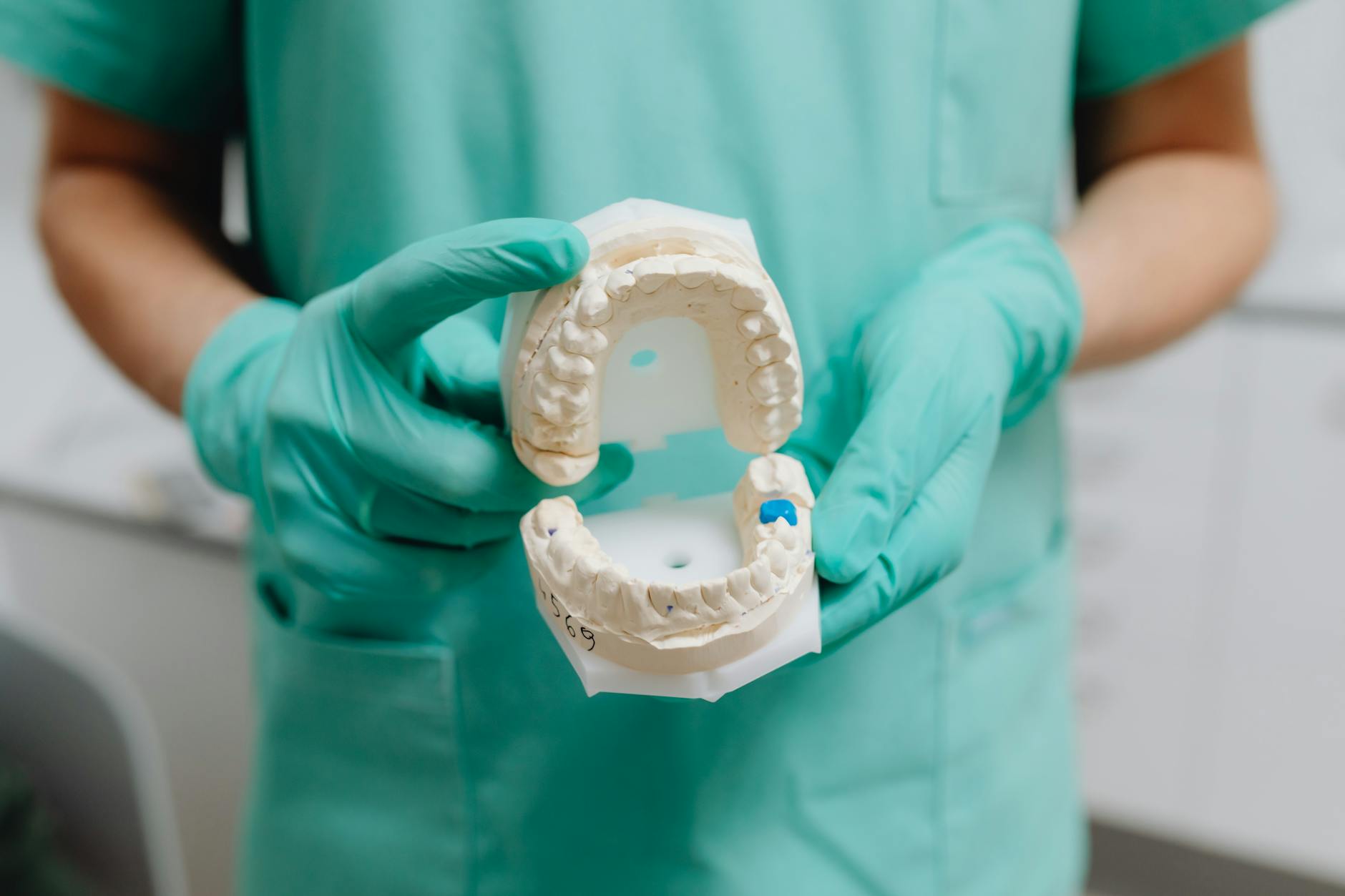
Dental prosthetics are artificial devices that restore lost or damaged teeth
Dental prosthetics are custom-made devices used to replace missing or damaged teeth. They help restore the function and appearance of your teeth, enabling you to chew, speak, and smile confidently. These prosthetics can be permanent or removable and include options like crowns, bridges, dentures, and implants. They are designed to look and function like natural teeth, offering both aesthetic and functional benefits.
Dental prosthetics aren’t just for appearance—they restore functionality and improve quality of life.
Who needs dental prosthetics? Anyone with missing or damaged teeth
If you have lost teeth due to injury, decay, or illness, dental prosthetics can help. Prosthetics are beneficial for individuals who need replacements for missing teeth, whether they’re in the front or back of the mouth. They’re also useful for people who have damaged teeth that can’t be restored with simple dental fillings. If your teeth have become weak due to wear and tear or trauma, dental prosthetics can protect and strengthen the remaining tooth structure.
Anyone with missing or severely damaged teeth can benefit from dental prosthetics.
Types of dental prosthetics: Crowns, bridges, dentures, and implants
There are several types of dental prosthetics, each designed to meet specific needs. Crowns are used to cover and restore damaged or weakened teeth. Bridges are used to replace one or more missing teeth by anchoring them to surrounding healthy teeth. Dentures are removable prosthetics that replace multiple missing teeth, while dental implants are surgically placed in the jawbone to replace single or multiple teeth. Each type of prosthetic has its own benefits, depending on the extent of tooth loss and individual preferences.
The right dental prosthetic depends on your specific needs, oral health, and lifestyle.
Dental implants: A permanent solution for missing teeth
Dental implants are one of the most advanced options in dental prosthetics. They involve placing a titanium post into the jawbone to act as a replacement root for a missing tooth. Once the implant integrates with the bone, a crown is placed on top to restore the tooth’s appearance and function. Dental implants are a permanent solution and provide the most natural look and feel compared to other prosthetics. They are highly durable and can last a lifetime with proper care.
Dental implants are a long-lasting and permanent solution for missing teeth, offering the most natural results.
Bridges and crowns: Restoring strength and appearance
Dental bridges and crowns are ideal for people with one or a few missing or damaged teeth. Crowns cover the entire tooth and are often used when a tooth is severely damaged or weakened. Bridges replace one or more missing teeth by attaching to adjacent healthy teeth, filling the gap. Both bridges and crowns can be made from various materials like porcelain or ceramic, designed to match the natural color and appearance of your teeth.
Bridges and crowns are perfect for restoring damaged or missing teeth and maintaining oral function.
Dentures: A removable option for full or partial tooth replacement
For individuals who have lost many or all of their teeth, dentures can be an excellent solution. Full dentures replace all teeth in the upper or lower jaw, while partial dentures replace a few missing teeth. Dentures are removable and can be customized to fit comfortably and securely in the mouth. Modern dentures are made from materials that closely resemble natural teeth, making them both functional and aesthetically pleasing.
Dentures offer a removable solution to replace a full set or partial set of missing teeth.
Why dental prosthetics are important for overall health
Dental prosthetics do more than just improve appearance—they also restore oral health and function. Missing teeth can lead to difficulty chewing, speaking, and even cause problems with your bite. Additionally, tooth loss can cause bone loss in the jaw over time, affecting the structure of your face. Dental prosthetics help prevent these issues by filling in gaps, maintaining jaw structure, and allowing for normal function and comfort.
Dental prosthetics aren’t just about looks—they’re a critical part of maintaining oral and overall health.
When should you consider dental prosthetics?
If you have missing or damaged teeth that affect your daily life—whether through difficulty eating, speaking, or simply smiling—you may want to consider dental prosthetics. They can be particularly beneficial if you have tooth decay, advanced gum disease, or trauma that has led to tooth loss. A dentist can assess your oral health and recommend the best solution based on your needs, lifestyle, and budget.
If tooth loss is impacting your quality of life, it’s time to consider dental prosthetics.
The benefits of dental prosthetics: Confidence and comfort restored
One of the most significant benefits of dental prosthetics is the restoration of confidence. Missing or damaged teeth can affect how you feel about your smile and overall appearance. Dental prosthetics allow you to smile, speak, and eat comfortably without worrying about gaps or discomfort. Whether it’s a crown, bridge, denture, or implant, dental prosthetics help you regain a natural, confident smile and improve your overall quality of life.
With dental prosthetics, you can restore your smile and enjoy the comfort and confidence of natural teeth.
